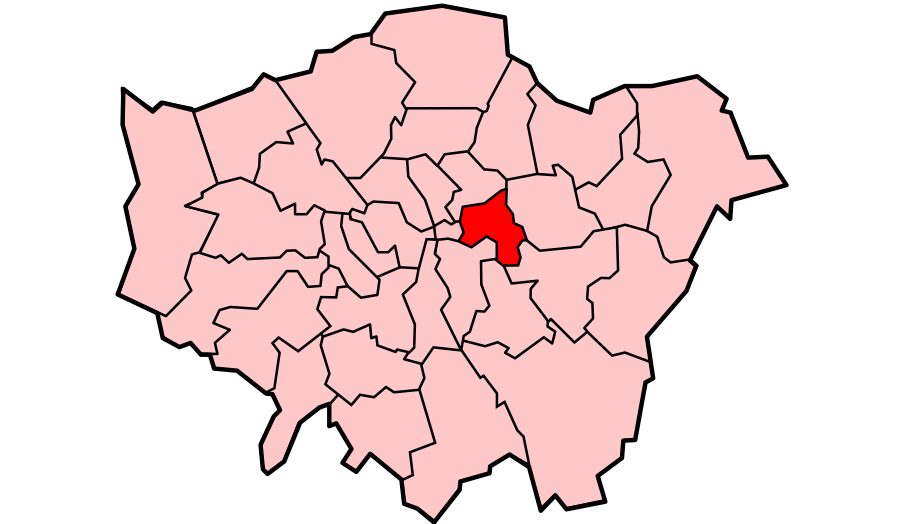The award will support collaboration between the organisations taking a lead in delivering innovative research on the wider causes of health inequalities.
Date: 11 October 2022
London Metropolitan University along with its partners - the Borough of Tower Hamlets, Tower Hamlets Council for Voluntary Services (THCVS), Queen Mary University of London, University of East London, and others - have secured a £5m funding award through a new national scheme to boost support for research to address health inequalities.
The funding, awarded by the National Institute for Health and Care Research (NIHR) for a Health Determinants Research Collaboration (HDRC), will significantly increase the council's capacity to work with local communities to address the social, economic and environmental factors that impact people's physical and mental health.
The NIHR has announced the multimillion-pound investment for 10 pioneering HDRCs across the UK, to provide the capacity and capability for local authorities to undertake public health research to address the wider determinants of health and health inequalities.
A further three councils will be receiving development award funding during 2022/23, with the prospect of them becoming full HDRCs the following financial year.
The award will support collaboration between the organisations taking a lead in delivering innovative research on the wider causes of health inequalities.
Sophie Cloutterbuck, Director of London Engagement at London Metropolitan University said: "Through London Met's civic network, the London Met Lab, we are on a mission to tackle the inequalities facing London, to improve people's lives and to deliver social justice.
"Harnessing the expertise of our academics through this vital project is one way we can meaningfully co-design solutions to the challenges which disproportionately affect our communities.
"We're delighted to partner with Tower Hamlets Council, Queen Mary University of London and the University of East London, and importantly, residents of Tower Hamlets as co-researchers, to address health inequalities in the Borough."
Mayor of Tower Hamlets, Lutfur Rahman, said: "Our residents have fewer good years of health than almost anywhere else in the country and that needs to change.
"While we know that some groups are more likely to be affected by things like poverty, overcrowding and health conditions like diabetes and heart disease, solid research rooted in our communities is needed to help us understand how our policy decisions can make a real-life change.
"Our ambition is to make Tower Hamlets the ‘go to' place for research into the factors that drive health inequalities. This funding boost will help us transform how research is conducted and used, to help make sure everyone in our community can live a long and healthy life."
Will Tuckley, Chief Executive of Tower Hamlets Council, said: "We have a vibrant and diverse population in Tower Hamlets, but some of our communities are disproportionately affected by illness and poor health. The Covid-19 pandemic shone a light on this, but we know that this is just the tip of the iceberg.
"We are delighted to have been successful in what was a competitive bidding process and be among the first set of councils to be at the forefront of delivering this work to tackle health inequalities.
"This funding will allow us to embed an innovative research infrastructure so we can make sure addressing health inequalities is at the heart of everything we do.
"By building on our strong links with the voluntary sector and the tradition of community-led research in our borough, this funding will help us to further engage our communities in shaping research. Ultimately, this will have a huge impact on people's lives."

